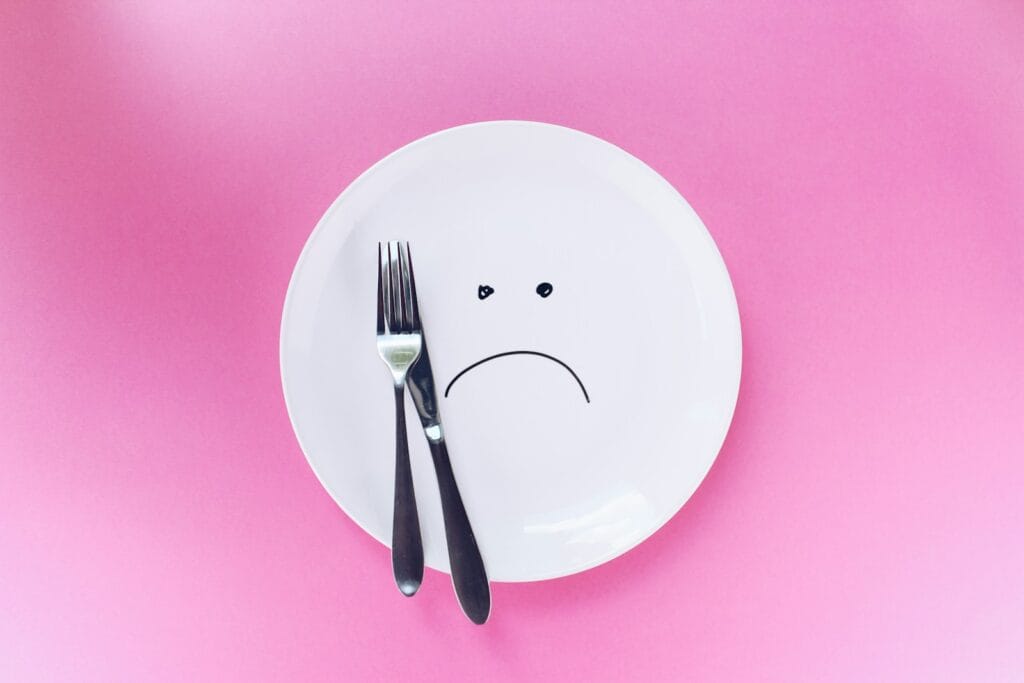
In today’s society, the pressure to achieve a slim and toned physique is ever-present. With the rise of social media and the constant bombardment of images of perfectly sculpted bodies, many people feel the need to lose weight quickly in order to fit in with societal standards. This has led to the popularity of crash diets, which promise rapid weight loss in a short amount of time. However, these diets are not only ineffective in the long run, but they can also be detrimental to one’s health and overall well-being.
Crash diets typically involve drastically reducing caloric intake and cutting out entire food groups, such as carbohydrates or fats. While this may result in quick weight loss initially, it is often unsustainable and can lead to a host of negative side effects. When the body is deprived of essential nutrients, it goes into starvation mode, slowing down the metabolism and making it harder to lose weight in the future. Additionally, crash diets can cause muscle loss, fatigue, and nutrient deficiencies, which can have long-term consequences on one’s health.
Another reason why crash diets don’t work is that they often lead to a cycle of yo-yo dieting. When the body is deprived of calories, it goes into survival mode and holds onto fat stores, making it harder to lose weight in the long run. Once the diet is over and normal eating habits are resumed, it is common for people to regain the weight they lost and sometimes even more. This can create a harmful pattern of weight loss and gain, which can be damaging to both physical and mental health.
In contrast, sustainable weight loss involves making gradual changes to one’s diet and lifestyle that can be maintained in the long term. This includes eating a balanced diet rich in fruits, vegetables, lean proteins, and whole grains, as well as incorporating regular exercise into one’s routine. By focusing on healthy, nutrient-dense foods and engaging in physical activity, individuals can achieve and maintain a healthy weight without resorting to extreme measures.
It is important to remember that weight loss is not a one-size-fits-all approach, and what works for one person may not work for another. It is essential to listen to your body and consult with a healthcare professional or registered dietitian before embarking on any weight loss journey. Building healthy habits that can be sustained over time is key to achieving long-term success and improving overall health and well-being.
In conclusion, crash diets may promise quick results, but they are not the answer to sustainable weight loss. By focusing on making gradual, healthy changes to one’s diet and lifestyle, individuals can achieve their weight loss goals in a safe and effective manner. Remember, slow and steady wins the race when it comes to achieving lasting results.
